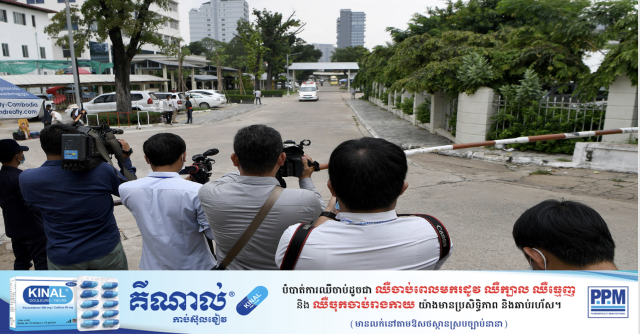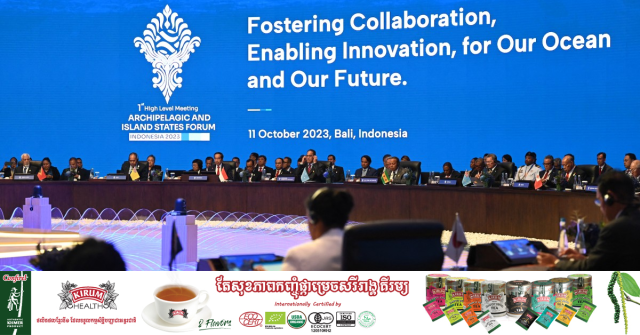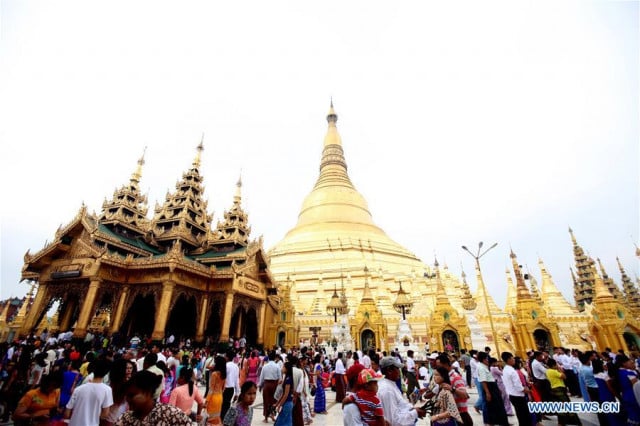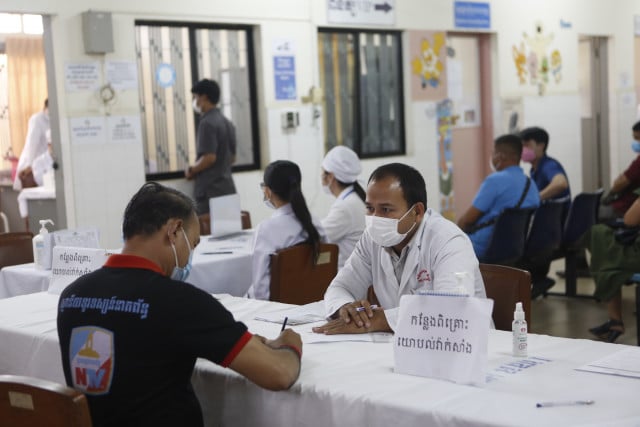Independence of Information: The Rules of the Game Must Be Changed between the Media and Private Interests

- By Cambodianess
- October 15, 2023 2:00 PM
Recently, the owner of Top Diamond Casino in Phnom Den, saying that he could no longer afford to subsidize several hundreds of “journalists,” publicly turned to the authorities to get out of that situation.
Maybe the casino owner naively thought that the said authorities would naturally take his side to defend him as this being a form of extortion.
Alas, Minister of Information Neth Pheaktra has of course demanded that these “journalists” and the “media” employing them immediately stop asking money from the casino on the grounds that this was contrary to professional ethics as stated in the press law.
But he also asked the casino owner to explain the reasons why he was subsidizing those reporters and their media.
Until the casino owner decided not to subsidize them anymore, were they getting money to write good things, not to write bad things, or not to write at all? These are questions for which answers would be welcome.
Let’s make it very clear: The media need the money of businesses to survive, and this happens through publicity in the form of ads or infomercials.
Regardless of the format, the public must be able to clearly see the difference between what is information and what is linked to a commercial relation.
And if a media must address a topic involving a company that is linked financially or at the management level to that media, full disclosure is then required on the part of the media.
This said, commercial relations between media and private interests must never take place directly through journalists: Companies pay the media for commercials and that money is used by the media to pay their journalists.
Except that here, it often does not happen that way and the Top Diamond Casino case is a good example of this.
Because many “media” don’t pay, or pay very little, their “journalists,” encouraging them to get paid directly by the enterprises or institutions they cover. Result: The information offered to the public is biased because it is disguised advertising.
In the worst cases, the practices of some media or journalists are pure and simple money extorsion.
But globally, the enterprise/media couple functions in harmony according to a perverse economic model that fundamentally damages the right of people to an independent and balanced information.
Beyond the explanations and clarifications that the various parties in this Top Diamond Casino case will give the minister and the measures that he will take, this should be seen as the tip of the iceberg, which are the hidden agreements between the world of information and private or institution interests that have been the rule for decades.
One thing seems sure: As long as journalists will not be guaranteed by their employers proper wages enabling them to truly work independently, it will be pointless to hope to put an end to those questionable, if not illegal, practices.
This is a project among others that the Ministry of Information and the associations of journalists should launch so that this Top Diamond case, rather than harm the profession by showing its venality, would help it gain dignity and credibility.















